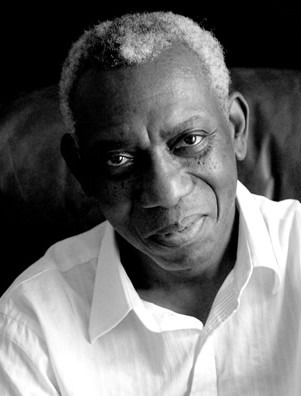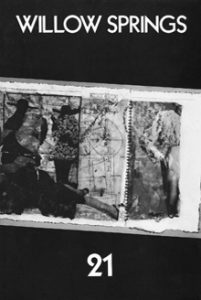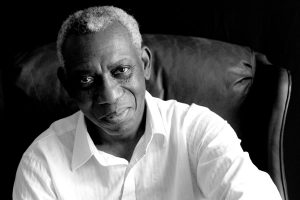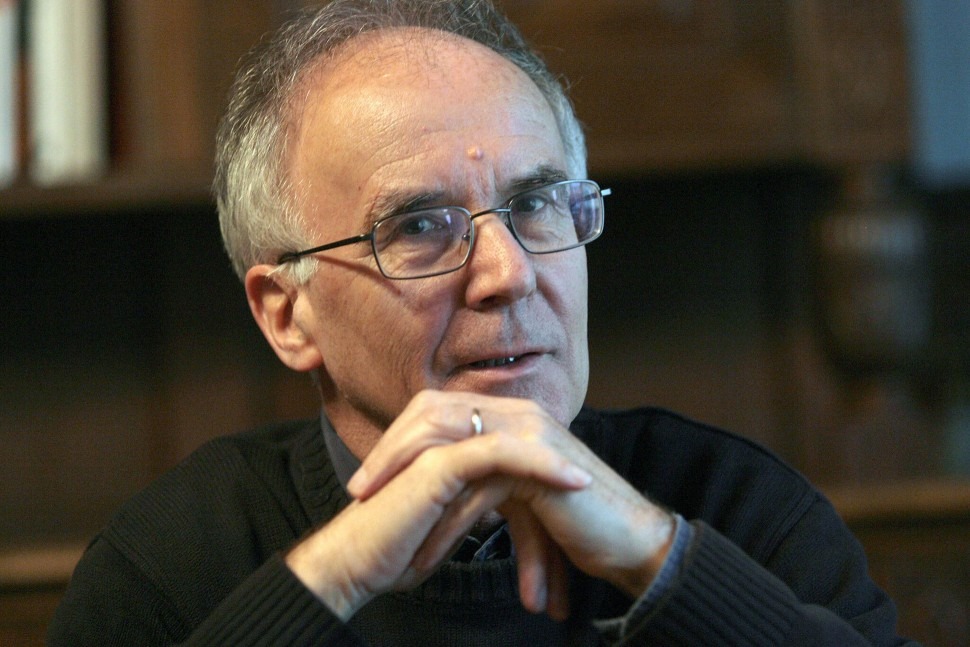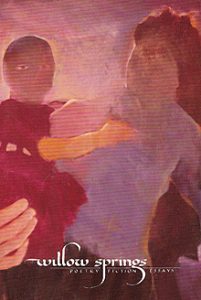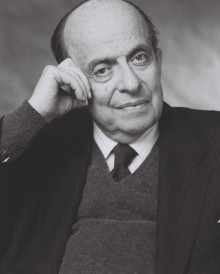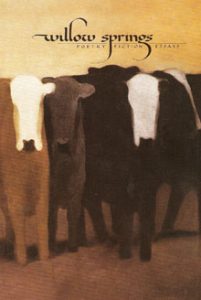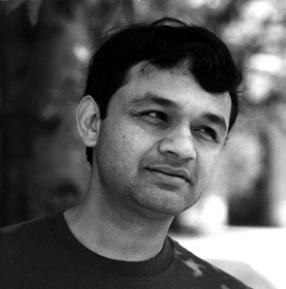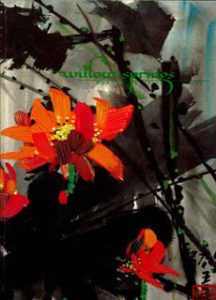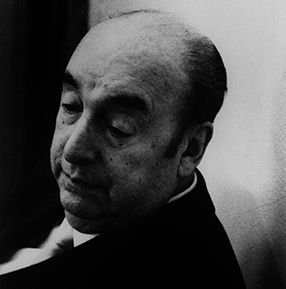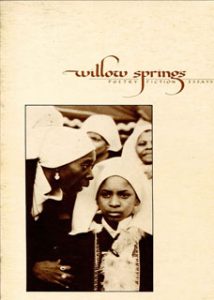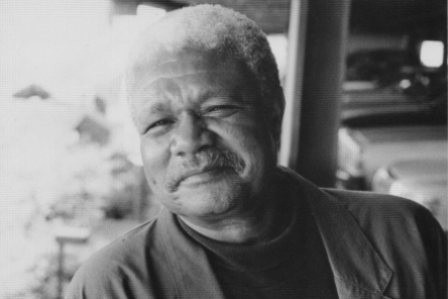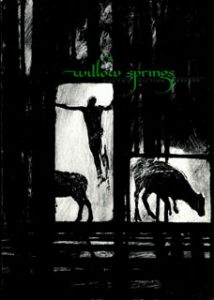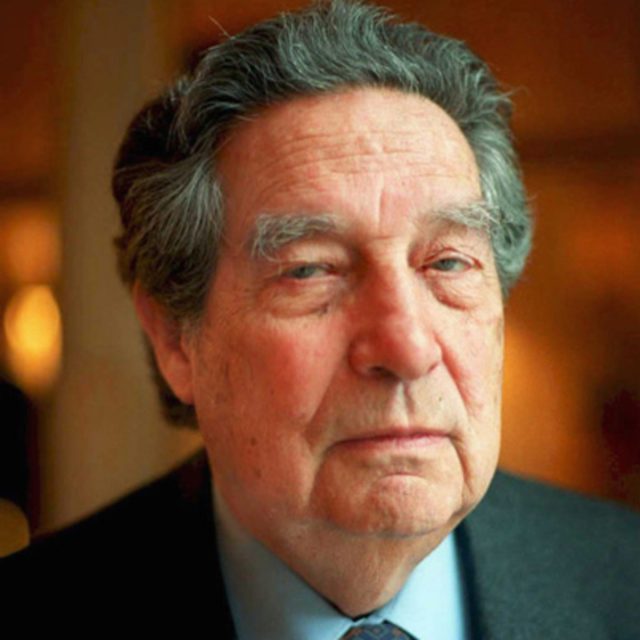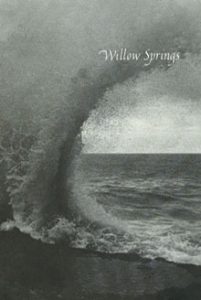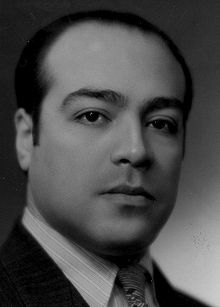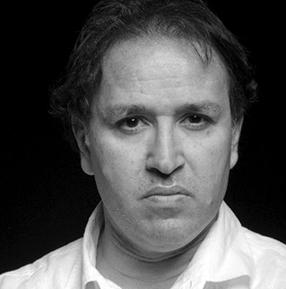
About Khaled Mattawa
Khaled Mattawa was born in Benghazi, Libya, in 1964 and immigrated to the United States in his teens.
His collections of poetry include Tocqueville (New Issues, 2010), Amorisco (Ausable, 2008), Zodiac of Echoes (Ausable, 2003), and Ismailia Eclipse (Sheep Meadow Press, 1995). He is also the author of Mahmoud Darwish: The Poet’s Art and His Nation (Syracuse University Press, 2014).
Mattawa has also translated many volumes of contemporary Arabic poetry and coedited two anthologies of Arab American literature. His many books of translation include Adonis: Selected Poems (Yale University Press, 2010), Invitation to a Secret Feast (Tupelo Press, 2008) by Joumana Haddad, A Red Cherry on A White-Tile Floor (Copper Canyon Press, 2007) by Maram Al-Massri, Miracle Maker, Selected Poems of Fadhil Al-Azzawi (BOA Editions, 2004) and Without An Alphabet, Without A Face: Selected Poems of Saadi Youssef (Graywolf Press, 2002), among others.
A Profile of the Author
Sorry, we couldn't find any posts. Please try a different search.
